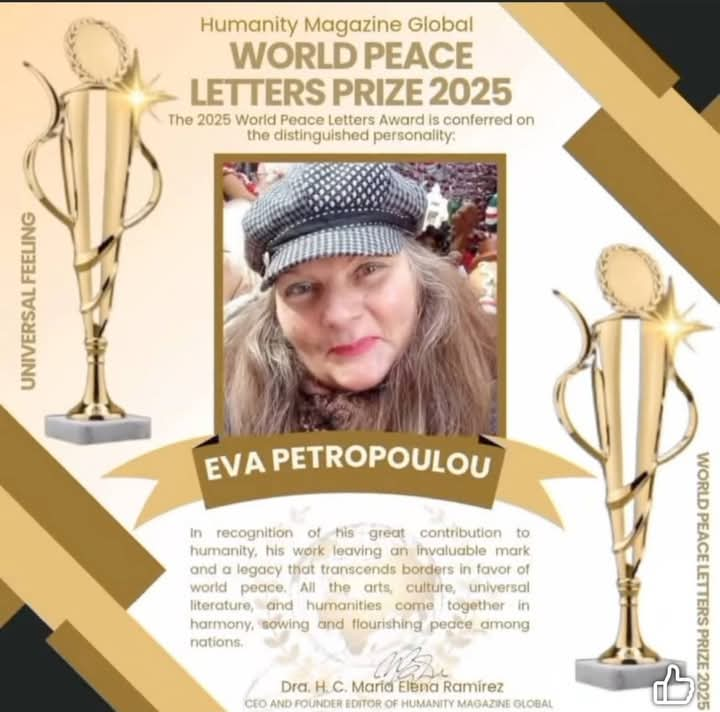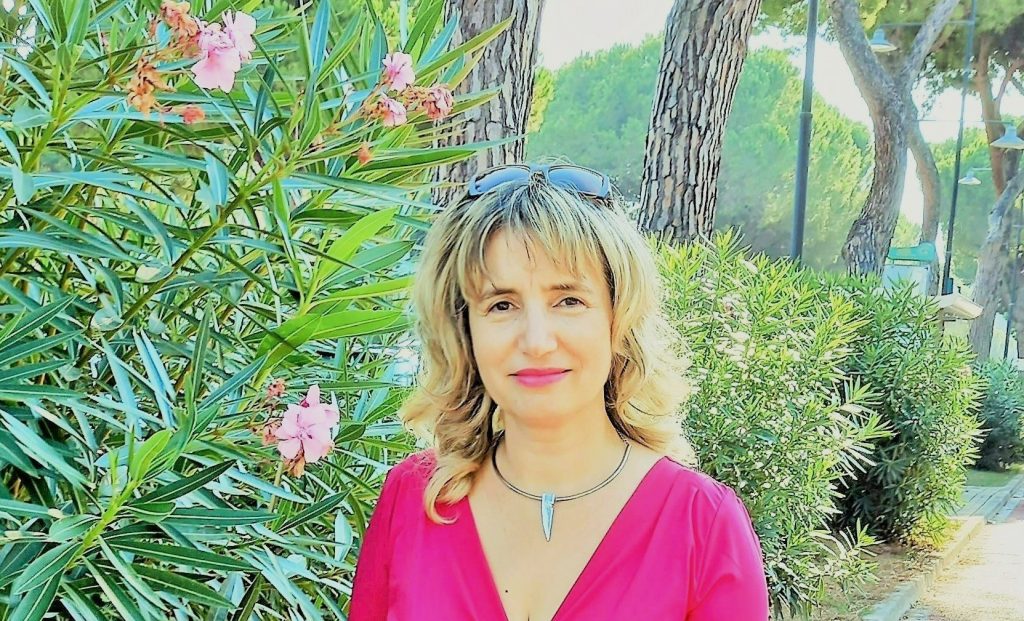Great heritage of Bukhara
In the history of mankind, there are great personalities – they guided the whole society through their life, activities, and heritage, inspiring hearts. Ghulam Shomurod’s book” The Value of the Great ” expresses at a high artistic level the duty to such great people – the need to understand and preserve their dignity.
The poems contained in the book are not limited to reflecting the lives of historical figures. Through them, the poet encourages each reader to reflect, reflect and realize the national self.The words of Ghulam Shomurod are not simple-they are painful, but hopeful; whiny, but patient. In each line we feel the heavy but honorable burden of greatness.
In his work, the poet speaks of the dignity of our great – grandfathers-Amir Temur, Alisher Navoi, Jaloliddin Manguberdi, Zahiriddin Muhammad Babur-as well as figures of the pride of the land, each of whom makes a deep observation about what role model for today’s younger generation, what lessons their life and work are rich in. It is this aspect that determines the uniqueness of the book.
” The dignity of the great ” is
Great heritage of Bukhara.
In the history of mankind, there are great personalities – they guided the whole society through their life, activities and heritage, inspiring hearts. Ghulam Shomurod’s book” The Value of the Great ” expresses at a high artistic level the duty to such great people – the need to understand and preserve their dignity.
The poems contained in the book are not limited to reflecting the lives of historical figures. Through them, the poet encourages each reader to reflect, reflect and realize the national self.The words of Ghulam Shomurod are not simple-they are painful, but hopeful; whiny, but patient. In each line we feel the heavy but honorable burden of greatness.
In his work, the poet speaks of the dignity of our great – grandfathers-Amir Temur, Alisher Navoi, Jaloliddin Manguberdi, Zahiriddin Muhammad Babur-as well as figures of the pride of the land, each of whom makes a deep observation about what role model for today’s younger generation, what lessons their life and work are rich in. It is this aspect that determines the uniqueness of the book.
”The Dignity of the Great ” is not just a collection of poems. This is a textbook of values, a lesson in history, a path to spiritual purification. The book encourages everyone to look back at their roots, recognize their identity, and most importantly – to honor the legacy of our great ancestors.
Obviously, this work can be an important tool in the education of young people, especially in the preservation and strengthening of our nationality in the era of today’s information attacks. The melodic, sermazmun lines of Ghulam Shomurad help young people to find answers to questions about what is greatness, what is value.
In place of the conclusion, it can be said that “The Value of the Great” is a spiritual – spiritual guide book that should be read today and put into practice tomorrow. Each stanza in it is significant in that there is a memory of the nation, confidence in the pride and prospects of our people.
Bukhara region, Jondor district, 30th comprehensive school, 9th grade student, Maftuna Rustamova


